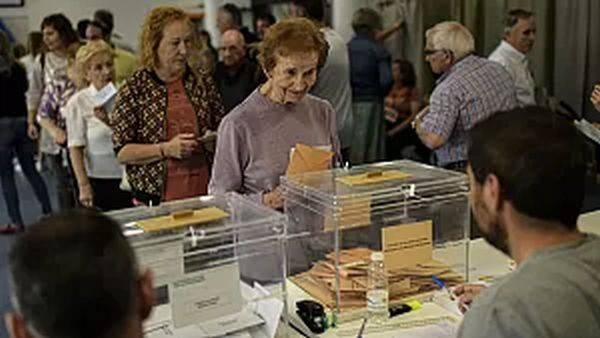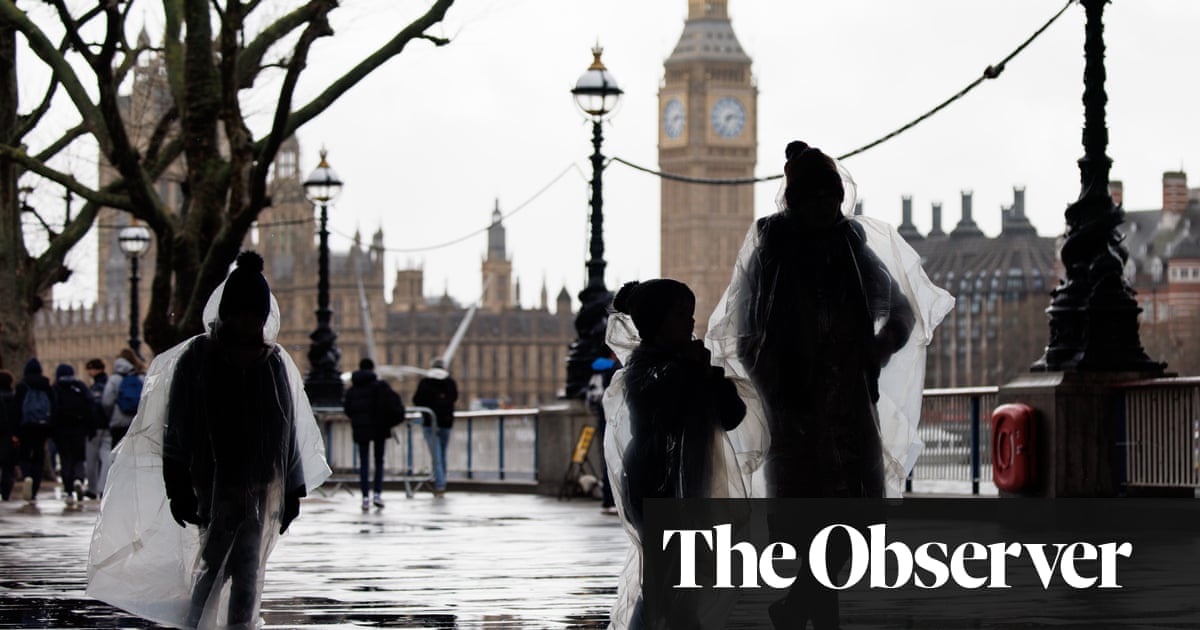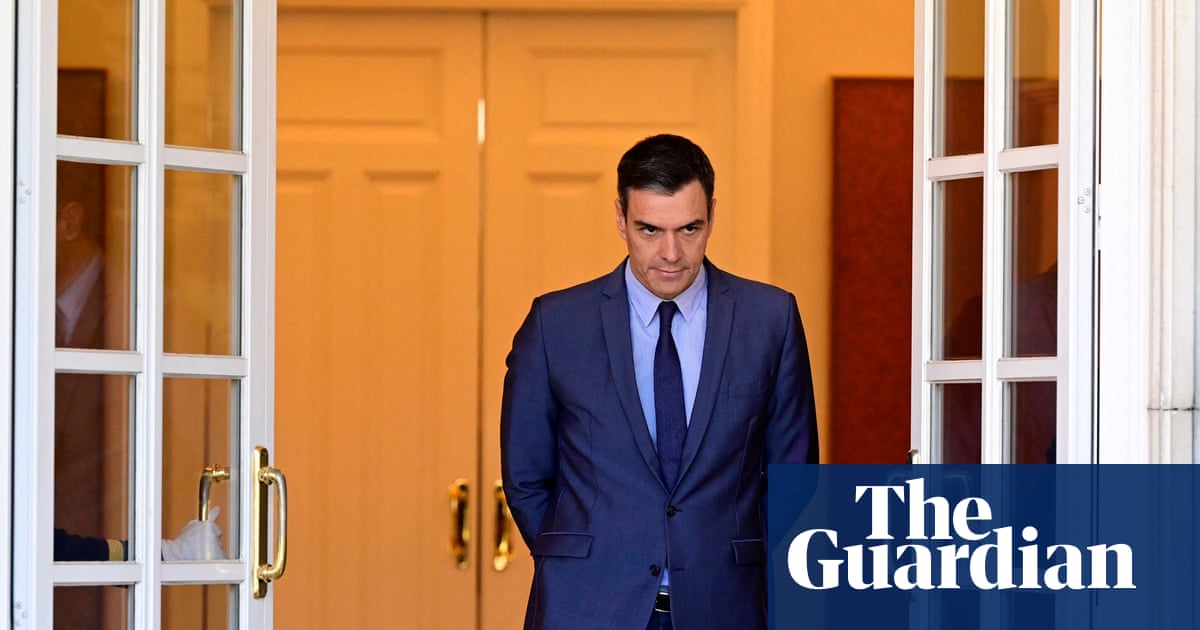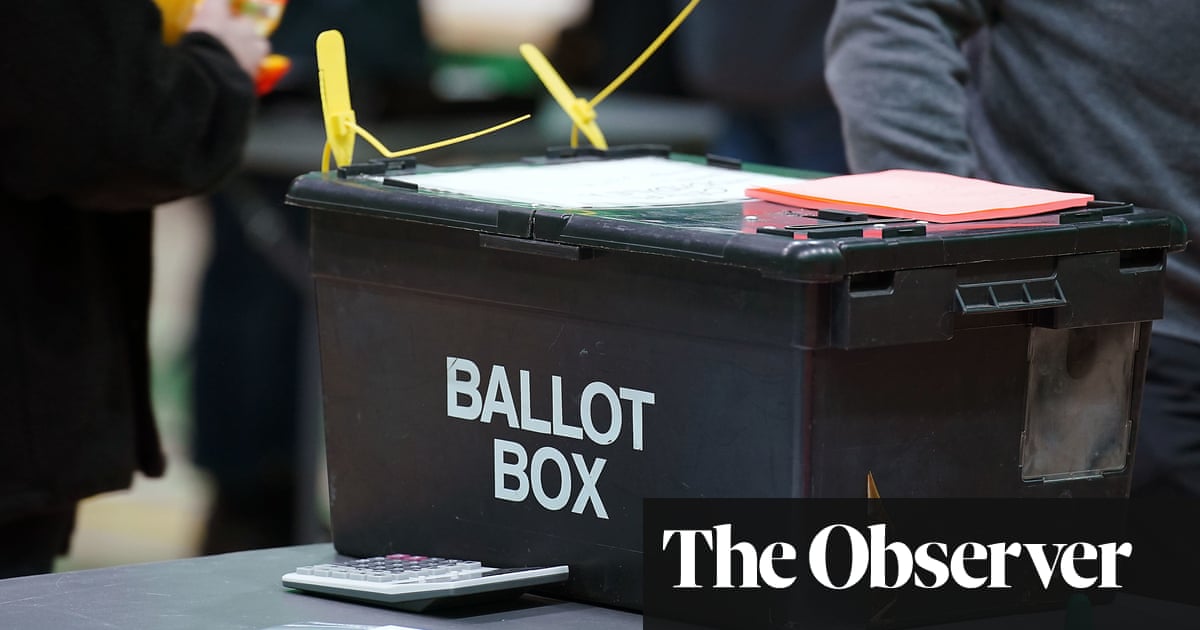
The conservative Popular Party made significant gains but may need far right’s help to form a coalition and govern some regions.
Spain’s opposition conservative Popular Party (PP)made significant gains in Sunday"s key local and regional elections, offering a dire assessment of public feeling towards the ruling left-wing coalition ahead of general elections in December.
The result represents a clear change in the political map of local and regional power in Spain.
In the local vote, the Popular Party won 31.5% of votes compared with 28.2% for the Spanish Socialist Workers Party, or PSOE, which leads the central government, with more than 97% of votes counted, according to results published by the Interior Ministry.
This was a 1.2 percentage point decrease for PSOE on 2019, but almost a 9 point increase for the PP, which benefited from the collapse of the centrist Citizens party.
The PP also dominated several regions previously won by PSOE including Valencia, Aragon, and La Rioja.
Spain’s regional governments have enormous power and budgetary discretion over education, health, housing, and policing.
The party also swung important cities including Valencia and Seville from the Socialists, and achieved an absolute majority for the mayor of the capital in Madrid.
The results of the polls depict a return to the traditional, two-party system that dominated Spanish politics before the far-left party, Podemos and the centre-right Ciudadanos, which translates to Citizens, emerged.
Meanwhile, in Barcelona, Ada Colau will not continue as mayor of the city. The independentist coalition "Together for Catalonia", led by Xavier Trias, came out ahead, followed by the Socialists.
Due to the alliances that may be formed, it is not yet clear who will lead the municipality.
The far-right Vox movement more than doubled their share of local councilors to 7.2%, meaning they will have a significant influence on policies in cities where the PP will need their votes.
More than 35 million people were eligible to vote in the local elections. Turnout was 63.9%, slightly down on 2019. — Euronews












